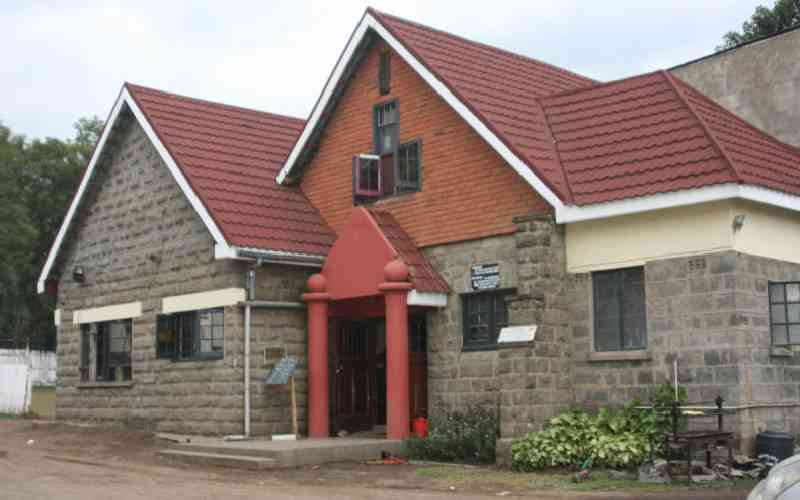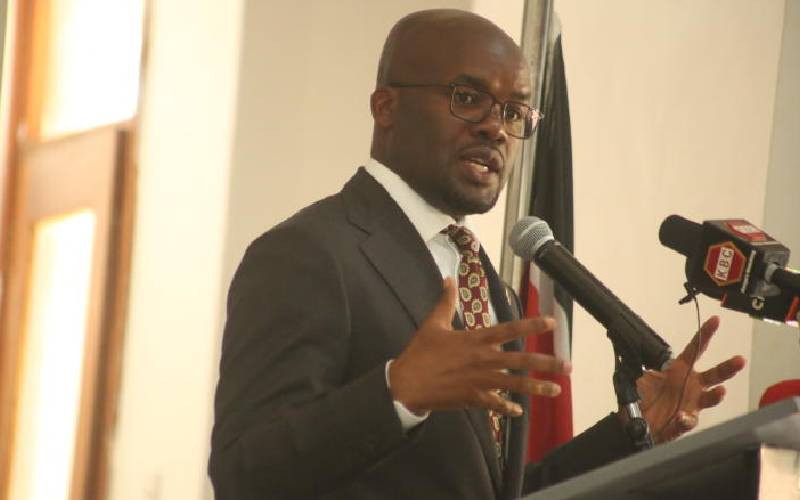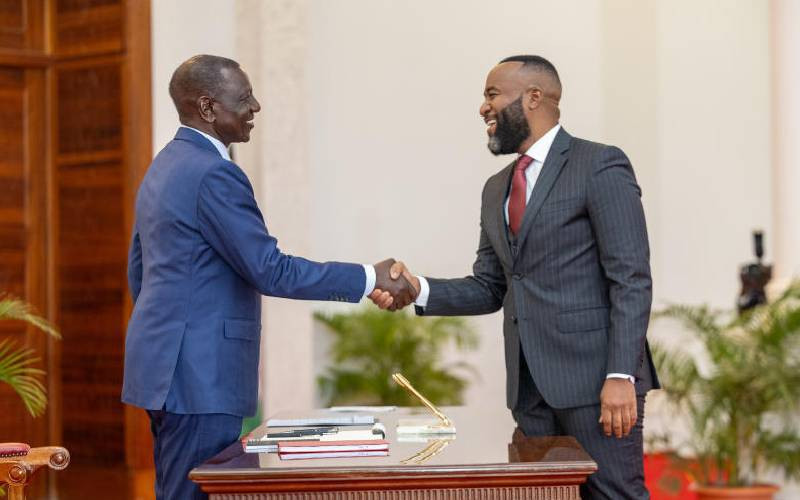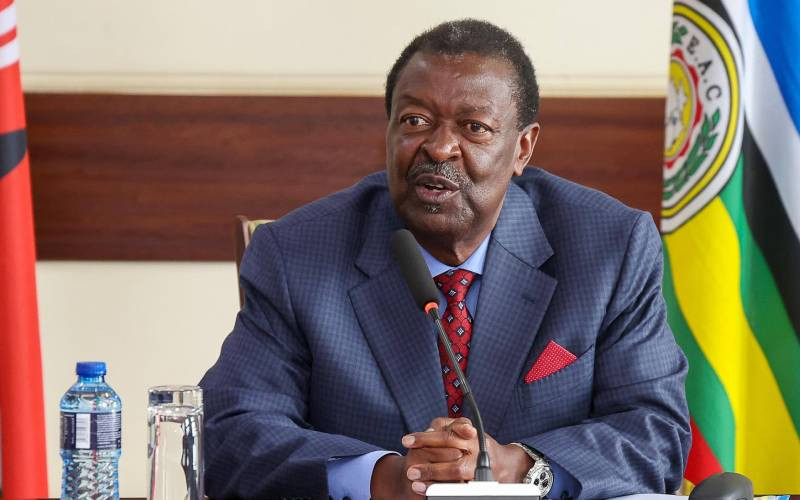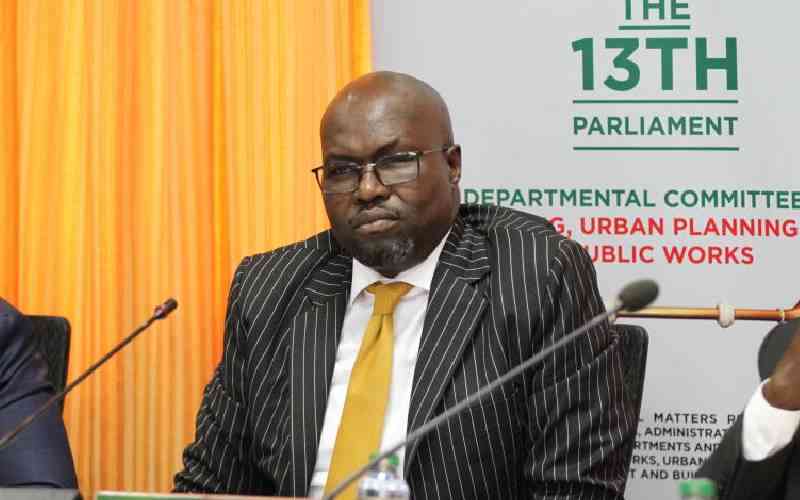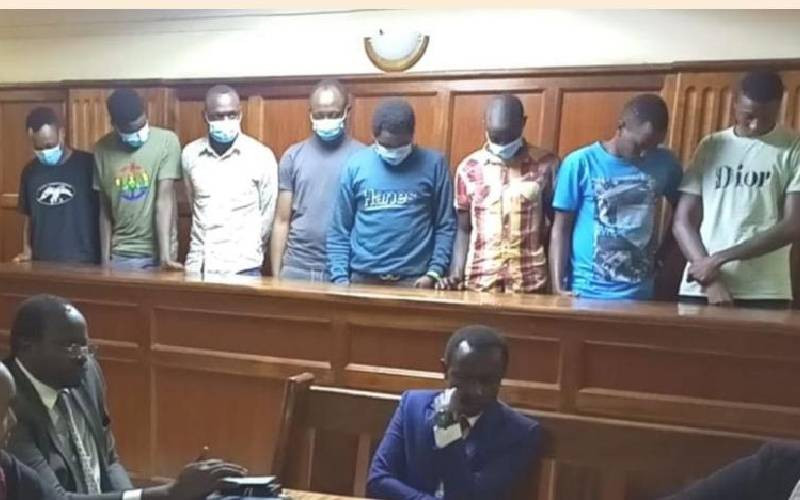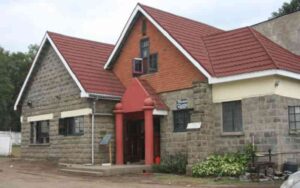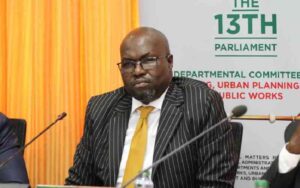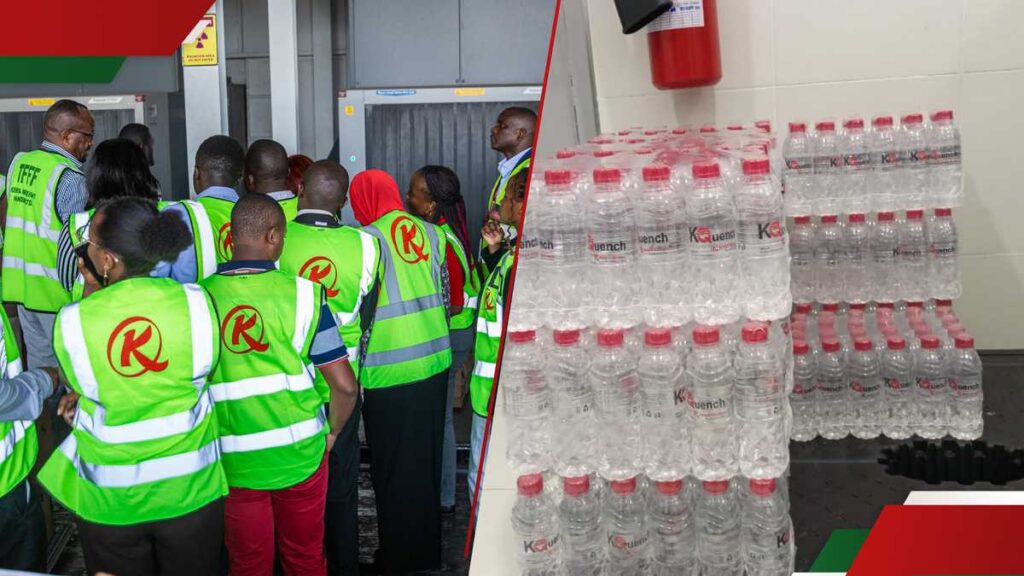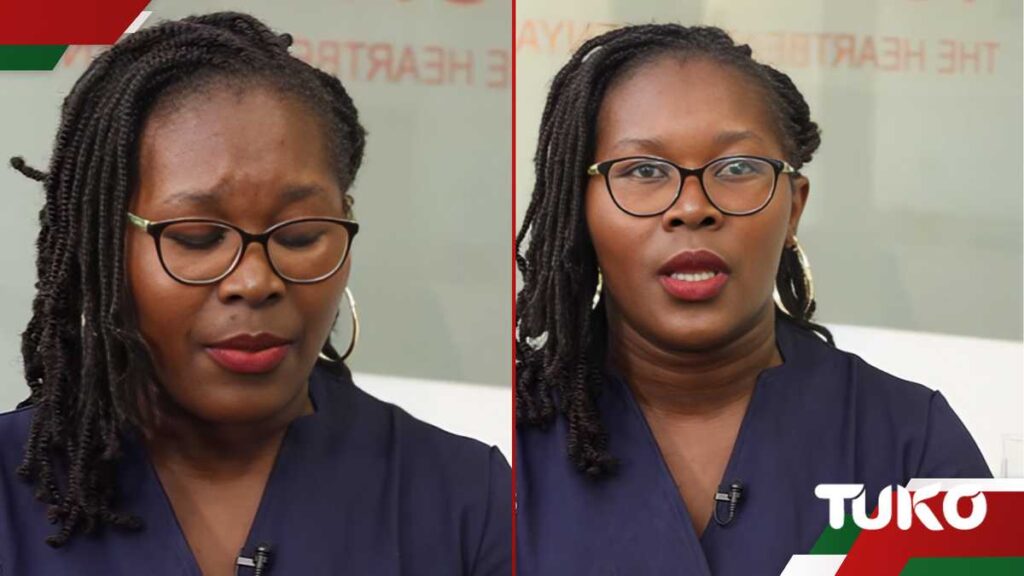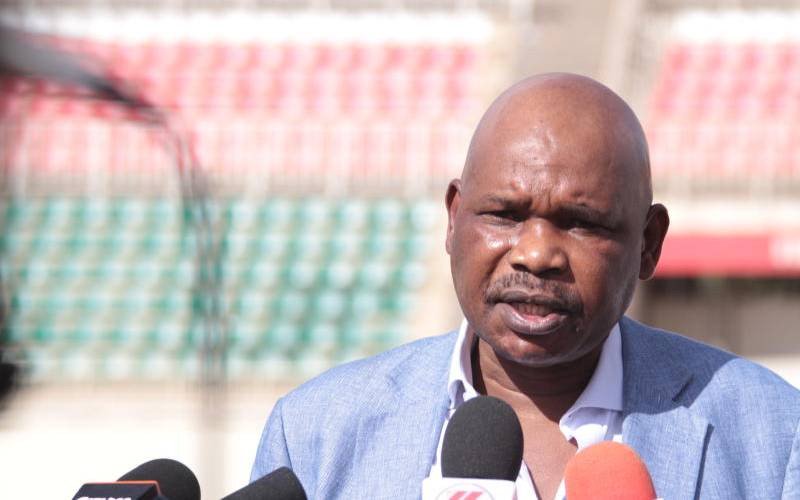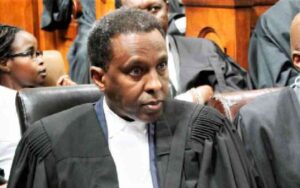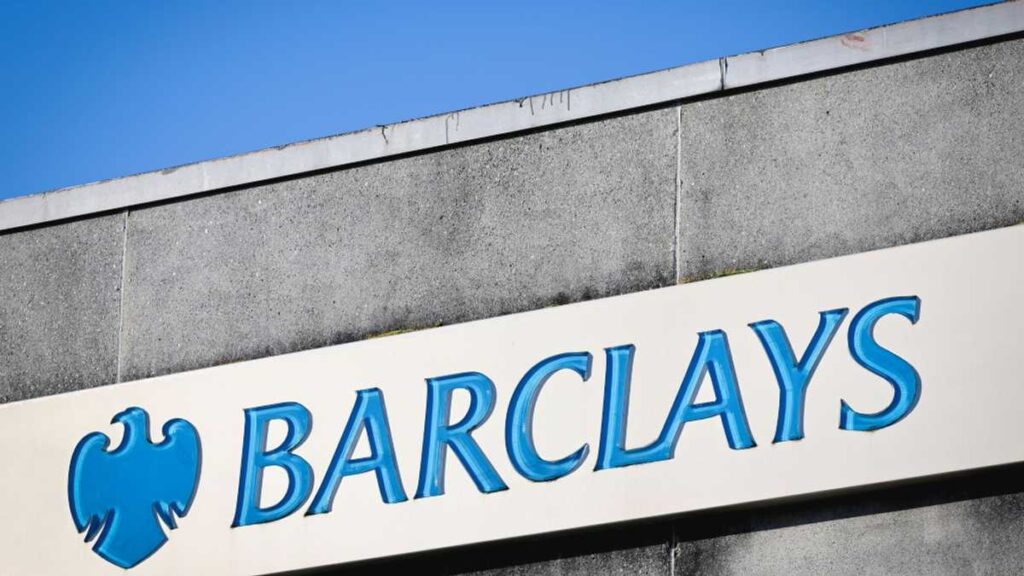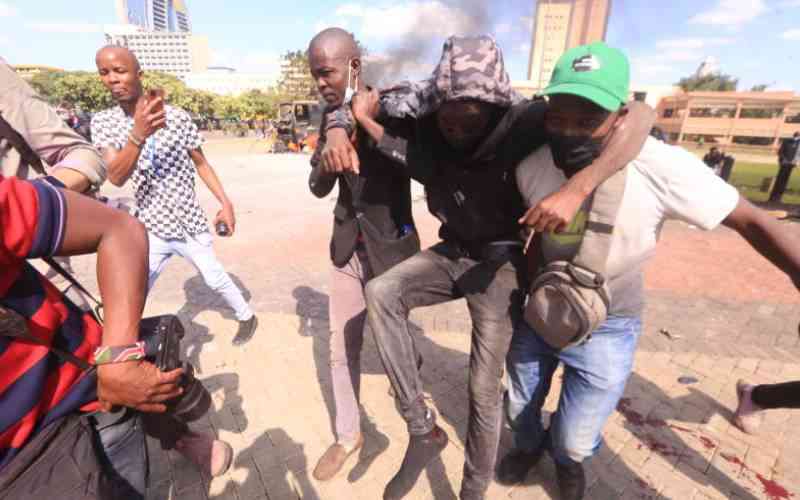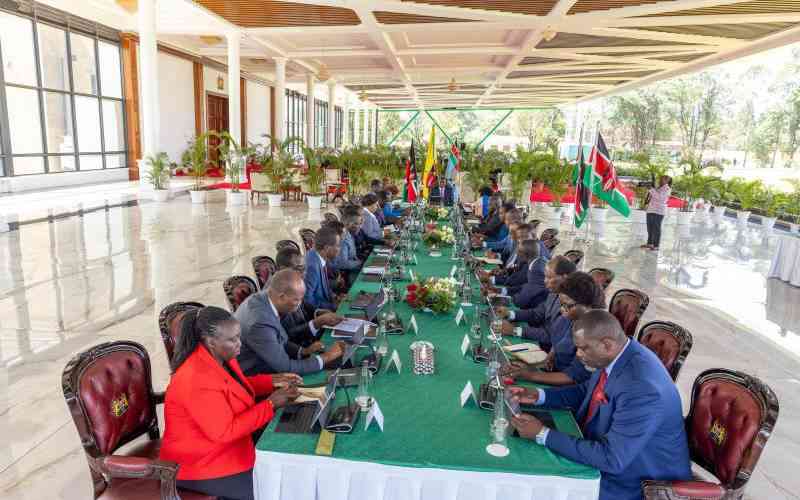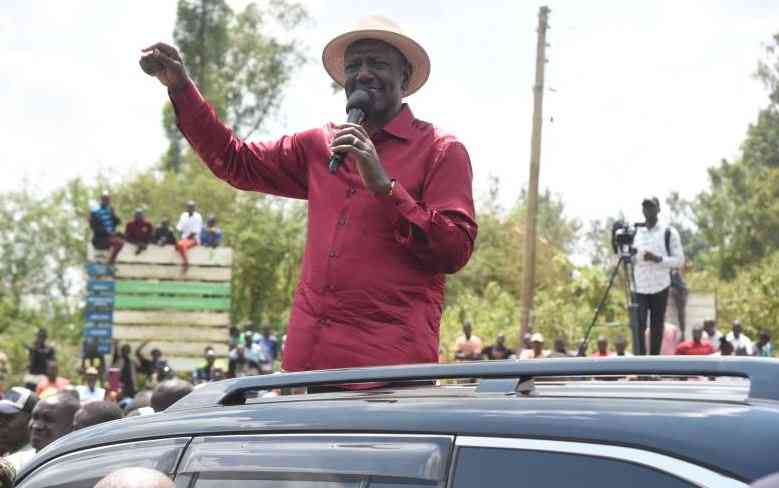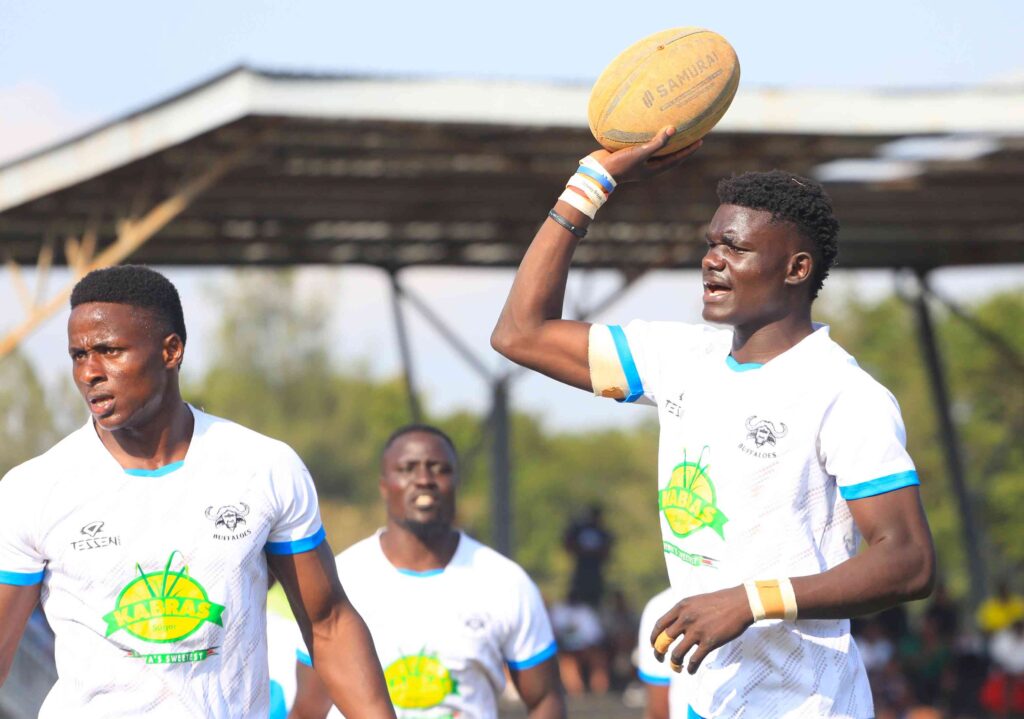Seven men suspected to be behind Sh449.6 million heists from a digital loan borrowing platform could not explain how they bought high-end vehicles and motorbikes.
For this reason, the High Court has ordered that they be forfeited to the government as they are proceeds of crime.
Justice Patrick Otieno said that the vehicles and motorcycles should be registered in the Asset Recovery Agency’s name.
“The proprietary interests in the said motor vehicles and cycles are vested in the applicant and the Director-General, National Transport and Safety Authority, is hereby directed to transfer to and register the proprietary interest in respect of the motor vehicles and motorcycles listed in the name of the Assets Recovery Agency and issue registration certificates thereto,” ordered Justice Otieno.
At least 10 people were arrested in Nakuru and Kitale after NCBA bank detected that hundreds of SIM cards had taken loans but were not paying back.
It was said that at least 123,000 lines were used to borrow the money and then switched off.
In addition to being charged before the court, Gideon Kipkirui, Kipkemoi Isac, Edwin Kipkorir, Nelson Kamau, Gideon Kibet, Jonnes Kipkurui, and Gedion Kipkoech were dragged to the Anti-Corruption High Court.
Nakuru Equipment Supplies Ltd, Rensas Investments Ltd, My Credit Ltd, and NCBA were roped in as interested parties.
Peter Mutisya, a police officer with Asset Recovery Agency told the court that sometime last year, the agency received information about a complex theft on the NCBA platform. The agency then moved to court, seeking orders to probe the seven suspect’s Family Bank accounts and M-Pesa wallets.
He explained that they first registered at least 19,000 fictitious identities using the identification cards of unsuspecting Kenyans. Then, they raided the digital wallet by borrowing money and transferring it to a second set of mobile numbers. The funds were then transferred to individual bank accounts or withdrawn and later deposited in their mobile wallets.
The money would then be re-wired to the bank accounts.
Mutisya explained that Kipkirui’s mobile number between January 22 and 31, 2022, received money borrowed from mobile numbers registered by seven subscribers.
At the same time, his bank account received money borrowed from mobile numbers registered in the names of 20 different subscribers.
Stay informed. Subscribe to our newsletter
Same to Kipkemoi, whose mobile number and account received money from lines registered in the names of 30 different persons.
Further, ARA traced Kipkorir’s account, which was said to have received money from 44 different subscribers while Kamau on his end had money from 61 different mobile subscribers.
The investigator asserted that the mobile lines and bank accounts were solely meant to carry out Fuliza fraud.
The court heard that Kipkirui operated an account at Family Bank, another one at Equity Bank and had an Mpesa wallet.
Following an analysis of the Family account, it was established that he had only Sh70. The account then started receiving between Sh22,000 to Sh100,000 per transaction.
The police detective added that in some instances, the bank account would receive deposits via mobile money transfer distributed in more than 90 transactions in one day using sim cards that would be disposed of in two to three days. New ones would be used in the same cycle.
Kipkirui would then withdraw the said money from Mpesa agents. On March 9, 2023, he made 23 withdrawals from an Mpesa agent between Sh130,075 and Sh172,085.
The court heard that the bank account received Sh3.1 million from 97,240 mobile money wallets, described as “pay bill credit” from more than 10,000 phone numbers.
Mutisya narrated to the court how the bank account transferred the same amount to 35,359 Mpesa agent outlets where the money was withdrawn with Kipkurui depositing a total of Sh11.7 million during the period using his phone through making 200 transactions between February 5, 2021 and November 25, 2022.
Kipkirui had a second account which received Sh1.4 million and which he used to buy a Subaru Forester. He also withdrew Sh2.1 million and made deposits of Sh342, 170 then immediately withdrew Sh336, 400.
According to the investigator, Kipkirui’s Mpesa number had received a total of Sh35 million between January 1, 2022, and December of the same year.
Kipkemoi, on the other hand, was said to have opened his account in May 2021. It was also described as pay bill credits. In one instance, his account received 244 deposits ranging from Sh1,000 to Sh87,866.
Justice Otieno heard that he would then transfer to different wallets, up to Sh200,000, then would withdraw the same from different Mpesa agents.
Mutisya said that an analysis of his mobile phone revealed that he received money from NCBA and KCB and then transferred it to his associate’s bank accounts and mobile numbers.
Kipkemoi’s story was the same. He had accounts at KCB and Family Bank. He received Sh1.7 million from mobile money deposits, also indicated as Paybill Credits.
He also had Sh2.6 million in account-to-account transfers and a Sh70,000 agency cash deposit. He then withdrew Sh750,000 in cash, transferred Sh2.6 million to a different account, and wired the remaining Sh1.7 million through his mobile phone.
On February 25, 2022, Kipkemoi withdrew Sh3.2 million cash used the proceeds to by a Toyota Mark X. The KCB account linked to him received Sh12.3 million, and Sh12.29 was withdrawn in total.
Investigators uncovered that Kamau had an account at Family Bank. He is said to have had the largest amount of the loot.
Kamau received 323.8 million which was wired through mobile phones. Some were registered in his name. He bought a Subaru Forester.
His mobile number received Sh16.05 million.
Kibet was also said to have received money from the Fuliza heist, but it was not revealed how much.
Detectives established that he had two mobile numbers, which also received money from numbers suspected of siphoning money from Fuliza.
While Kipkoech was said to have been operating a Family Bank Account and Mpesa line. He received Sh2.1 million in his account and Sh555,370 on his mobile.
Mutisya said that the Fuliza heist and the cars or motorbikes purchased by the seven were related.
Despite the large amounts in their accounts and Mpesa, police indicated that they all filed no tax returns in 2018, 2019, 2020, and 2021.
When asked what was the source of their money, Kipkurui told ARA that he started a company in 2022 to supply foodstuff. He claimed this was long after the motor vehicle and cycles had been bought in 2021 and 2020, respectively.
He also claimed that he grew, harvested and sold maize, oranges, passion fruits and beans using a loan he had obtained from a friend. Nevertheless, he could not show any sales receipts for his income and further that the number he provided to be for the friend who loaned him the money could not be reached.
Between 2022 and 2023 he claimed to have been employed by a company owned by one Charles Koskey where he earned an accumulative sum of Sh2.2 million.
He also alleged that Koskey paid him in small instalments. However, his M-pesa statement showed that he only received Sh2,750 from Koskey in small instalments during the alleged period of employment.
Kipkemoi on the other hand said upon his graduation in December 2021 from St Pauls University, he opened an electronics shop and a cloth line shop in Limuru and later undertook potato and maize farming in his father’s farm at Keringet and Narok.
He however never produced any receipts to support his claims. He also alleged that he got money from brokers but had no single number of any of them.
Kipkorir on his end claimed that his money was from farming potatoes, peas and beans since the year 2018 at Kiptororo, Kuresoi North, Nakuru County, where he had rented five to seven acres of land and would fetch Sh. 700,000 per season and used the money to buy the car.
Kipkoech told ARA that he undertook farming of maize and beans on 3.5 acres owned by his father and earned about Sh240,00 per season and later ventured into poultry farming in the year 2021 and 2022.
Attempts to get to Kamau, Kibet and Kipkurui were futile as their numbers were switched off.
In court, Kipkirui said that he bought his car and motor using his savings from his family and personal businesses. He alleged that at the time of the purchase, he and his father operated a petrol station called Quick Service Filling Station located in Bomet County which had a monthly turnover of Sh500,000.
He added that he operated a farming business which realised a gross income of Sh2 million in the year 2020, which income he used to purchase the two motorcycles.
He stated that most sales from the farm produce were sold at source to brokers who would pay either in cash or using M-pesa.
Kipkemoi on the other hand said that he had Sh150,000 KCB savings which he used to buy a motorbike claiming that he ran an electronic shop in Limuru through a proxy by the name of Shadrack Kipkurui and which had a monthly turnover of Sh30,000, as well as a cloth line in Litein with a monthly turnover of Sh50,000.00.
He also claimed that he engaged in online writing earning monthly revenues of Sh80,000 besides a potato farming business in his father’s five-acre farm situated in Keringet, and maize farming in another five-acre farm situated in Narok and owned by his family.
From these businesses, he proclaimed that he earned a gross income of Sh1.6 million.
All respondents, save for Kipkirui and Kipkemoi have yet to show up in court. Nevertheless, the interested parties distanced themselves from the seven.
However, ARA opposed Nakuru Equipment’s argument to be dropped from the case arguing that the motorcycles were still under its name despite the same being purchased by the seven.


